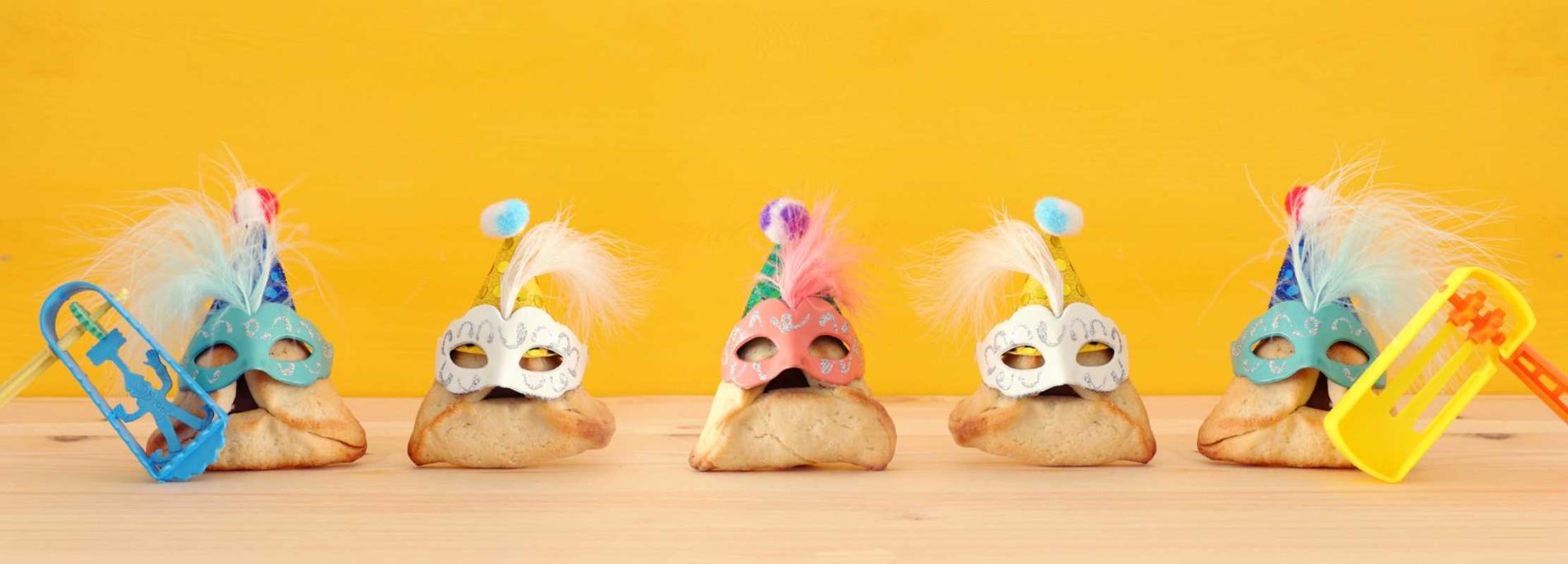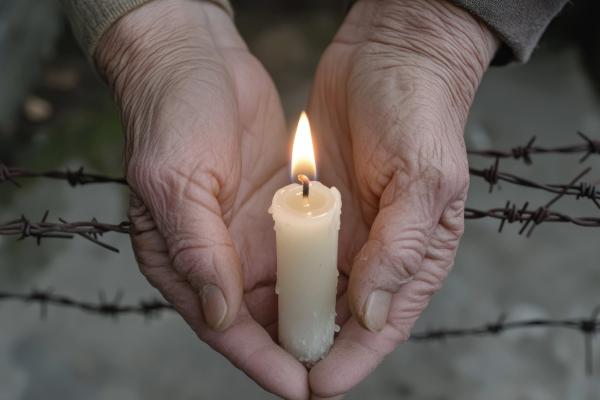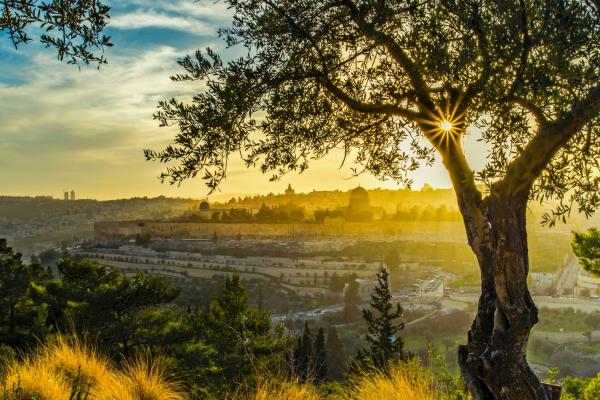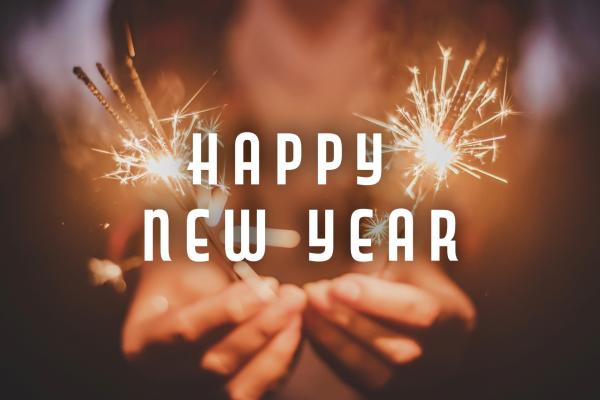1. God is present but not mentioned in the Purim story
The book of Esther recounts the history of Purim. It tells the fascinating story of a time when the Jewish people were held captive in Persia, and God intervened to protect them. His fingerprints are all over the story, yet God is not mentioned a single time in this book of the Bible.
Esther was a Jewish maiden conscripted to join a group of other young women from across Persia from which the king would select his next queen. The king chose Esther, who kept her Jewish identity a secret. When the Jewish people became targets of destruction by a decree that promised payment to citizens for killing them, Esther’s guardian cousin went to her to plead with the king to spare the Jewish people. When Esther hesitated out of fear of approaching the king, Mordecai proposed to her a thought – in a single now-famous line that resonates through the centuries – that perhaps she had become queen “for such a time as this.”
2. You can trust that God is at work, even when you don’t see Him
Esther hadn’t expected to become queen of Persia and had no idea of the significance her position would play in preserving her people. But God ordained the events to save the Jewish people later.
The Esther story shows us that God is at work, even when we don’t see Him and even when He seems quiet or absent from the scene. He is always present, always moving and working for our good. Romans 8:28 says He works all things together for the good of those who love Him – even the things that look bad and feel hard. So we can trust Him and allow this hope to carry us through challenging times.
3. Esther sought the Lord
Esther knew that going to the king without an invitation was punishable by death if he didn’t extend her grace. But she was compelled to save her people. She told Mordecai that she would go to the king, and if she perished, she perished. To prepare for her meeting, Esther determined to fast for three days.
Esther had her maids fast too, and told Mordecai to get all the Jewish people to do the same. She wanted to be as wise and prepared as possible before talking with the king. The result of her fast was the idea to invite the king to a banquet along with Haman, the wicked and spiteful man who convinced the king to sign the irrevocable decree mentioned in point 1. When she went to the king, he received her, and she invited them to the feast.
4. You can trust God to guide you
Though the text doesn’t say she prayed, Esther surely did, as we know that fasting and praying go hand in hand. Esther took the time to seek the Lord’s guidance in this all-important matter. She didn’t rely on her own strength, ingenuity or creativity. Nor did she rely on that of others. Her situation was “do or die,” so she had to get it right. She sought the Lord.
Esther’s example offers us good advice, even for matters that aren’t as desperate as hers: Seek the Lord first rather than moving ahead in our own strength. Rely on Him first and foremost to guide us with His wisdom. When we seek His guidance, we join Him in the work He wants to do in us and through us. We never know when our actions might be key to something bigger than we realize.
5. Mordecai’s faithfulness was overlooked for a time
Early after Esther became queen, Mordecai overheard a plot to assassinate the king. He told Esther about it, resulting in the scheme being stopped and the men arrested. The event was recorded in the king’s chronicles, but nothing was done to thank Mordecai.
The night before Esther’s banquet, where she would reveal her request, the king couldn’t sleep. He called for a servant to read from the record of his reign and learned that Mordecai was never honored for saving the king’s life. He then ordered Haman – the official who aimed to destroy the Jewish people because Mordecai refused to bow to him – to personally carry out the king’s extravagant way of honoring Mordecai.
At Esther’s banquet, she revealed her request to the king: that he spare the lives of her and her people. The king, still not knowing Esther was Jewish, was shocked. Who would dare threaten the life of the queen? Esther pointed and answered, “Haman!” The king raged at Haman and stormed out. He returned to see Haman begging Esther for his life so desperately that it appeared he was assaulting her. That was the end of Haman; the king had him hauled away and hanged.
With Haman gone and the king’s thoughts recently awakened to the noble man who had once saved his life, the king appointed Mordecai to Haman’s position of second in command.
6. You can trust God’s timing
Mordecai’s good deed of saving the king’s life went overlooked at the time. As far as we can tell from the text, Mordecai was OK with that. He did the right thing in telling Esther of the plot he overheard, and that was the end of it.
God’s timing to exalt Mordecai served a higher purpose than momentary reward. The New Testament Scripture exhorts, “Humble yourselves under the mighty hand of God, so that He may lift you up at the appropriate time” (1 Peter 5:6). Even if we never receive the esteem of men, God sees in secret and will reward us – someday, in some way (Matthew 6:3‒4, 6, 17‒18). We see in the Purim account that God often has much bigger plans in the works – either in our circumstances or in us. We can trust God when we seem overlooked and unregarded, and we can trust Him to lift us up at the right time.
7. God delivered the Jewish people from destruction
The king told his new official, Mordecai, to do whatever he chose to save the Jewish people from the approaching massacre. Mordecai made a second proclamation stating that the Jewish people could defend themselves on the appointed day. When the day came, the Jewish people turned the tables on their enemies and overcame them. Scripture tells us that soon, no one could stand against them because of fear. By then, Mordecai had gained such prominence and influence in the king’s palace that the governors and regional officials assisted the Jewish people in fighting off their attackers.
Again, though God isn’t mentioned, we know it was He who paved the way for deliverance and empowered His people to overcome their attackers. God rescued the Jewish people from yet another attempt to annihilate them.
8. You can trust God to keep His promises
Without this rescue, we wouldn’t be here as a Jewish people. The line would have ended, prophecy wouldn’t have been fulfilled, and the Messiah wouldn’t have come. But God promised to make Abraham a great nation and that his descendants would be as countless as the stars and sand (Genesis 22:17). In Jeremiah 31, He promised that as long as the sun, moon and stars remained, Israel would too (Jeremiah 31: 35‒37).
Purim is another confirmation that we can trust God to keep all His promises. When His Word says He has given us everything we need to live godly lives in Messiah, we can know it’s true. When He says He has given us His peace, we can take hold of it. When He says nothing can separate us from His love, we can believe it. God is faithful. On that, we can utterly depend.
9. Purim is about rejoicing over God’s salvation
After the resounding victory and deliverance of the Jewish people, Mordecai declared a holiday because their sorrow and mourning had been turned to celebration. The Jewish people were to observe feasting, giving gifts to each other and the poor, and rejoicing. Ever since, Purim has been celebrated with great joy. Today, Purim is a time for reading the book of Esther, costume parties and lively reenactments of the dramatic story, feasting, gift-giving and charity.
10. You can trust God because of what He has already done
God repeatedly told the Israelites to remember what He had done for them in delivering them from slavery to Egypt. The Psalms instruct us to rejoice in the Lord and not forget what He has done for us. Likewise, the New Testament encourages us to remember what Jesus has done, dwell on the good things God has given us and be ever thankful. The victories He has won for us are worthy of rejoicing every day. As we keep ourselves mindful of them, we also know that we can trust Him for whatever lies ahead.
For information about other important Jewish holidays throughout the year, sign up to receive our Jewish culture and holiday emails.












